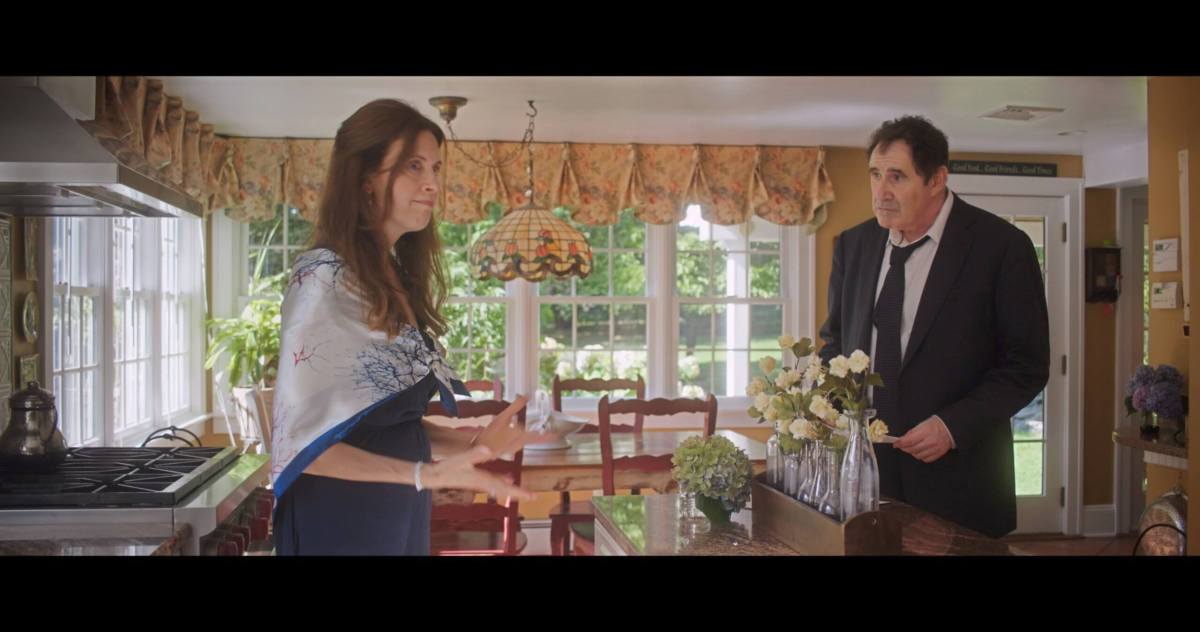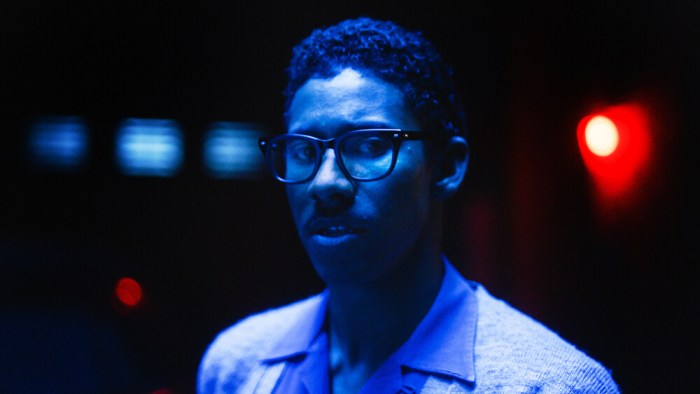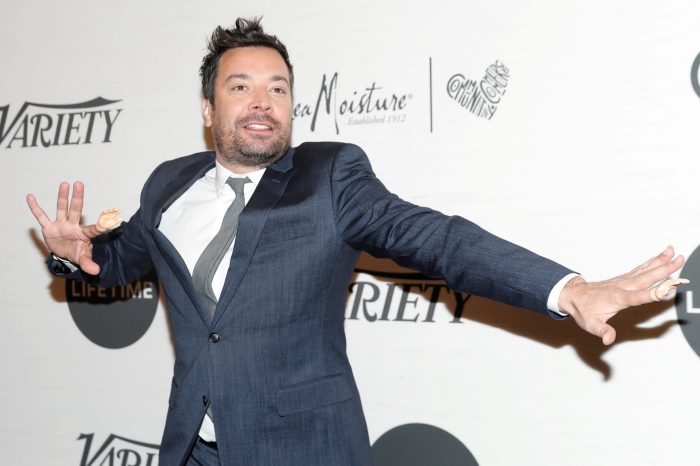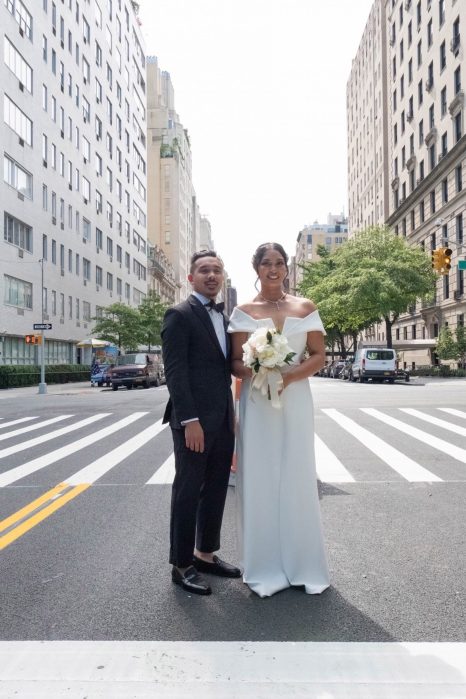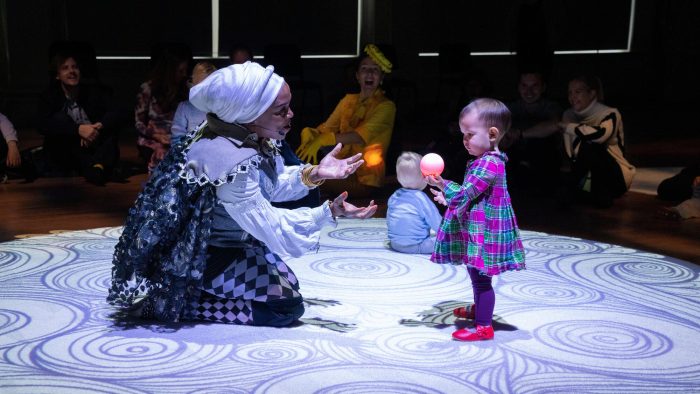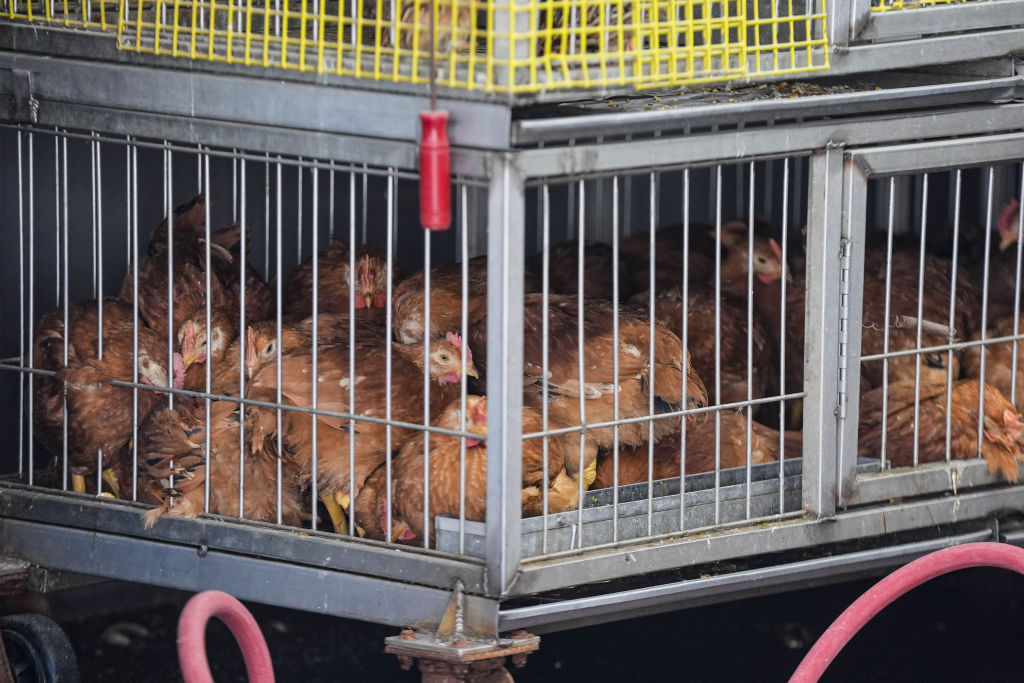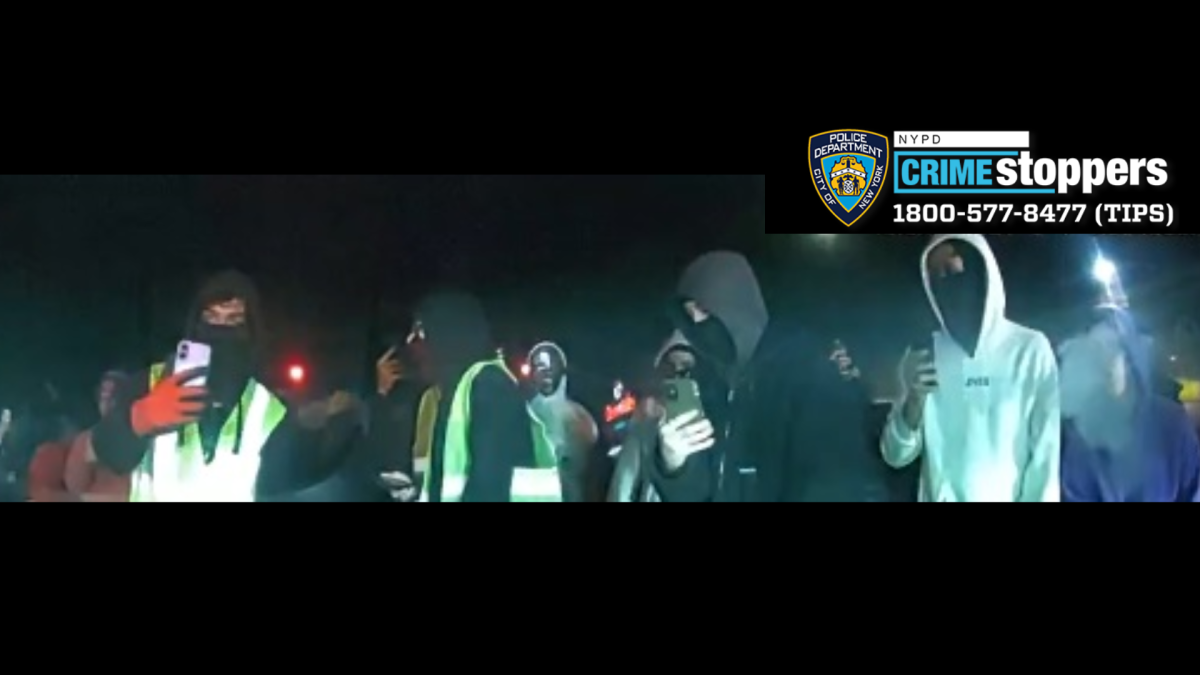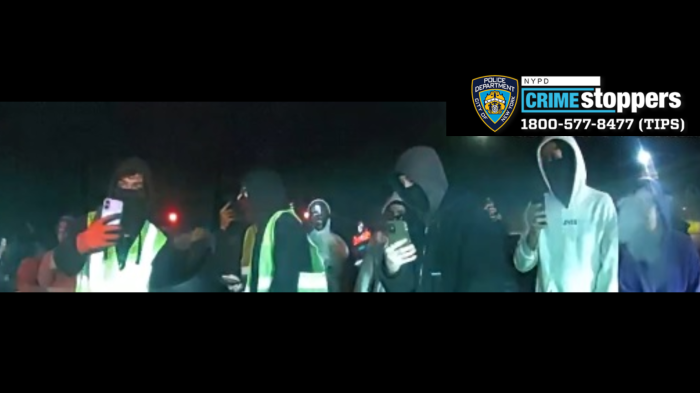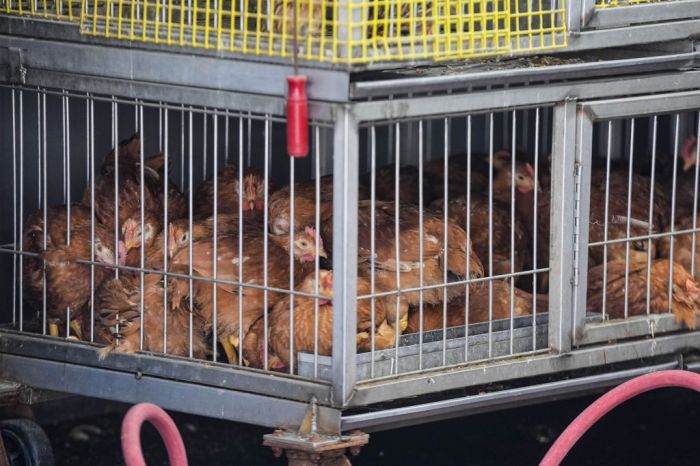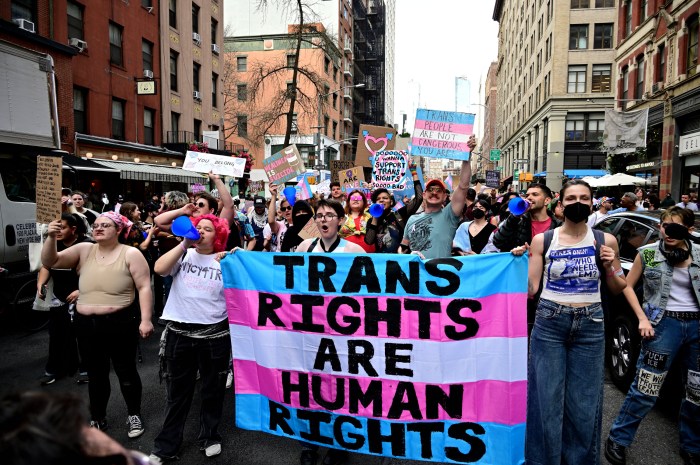Richard Kind and Jessica Hecht are both prodigious stars of stage and screen. They have IMBD pages that stretch for miles. Hecht has been nominated for Tony- and Emmy-Awards and Kind is the ultimate “that guy,” in the “always the bridesmaid never the bride,” niche. And that is by no means a criticism, as he is certainly one of the best character actors of his generation, and received rave reviews for his portrayal of Max Bialystok in “The Producers” on Broadway.
Now that Broadway’s lights have been turned off indefinitely, Kind and Hecht are joining forces on unchartered terrain: “pandemic filmmaking” in the murder mystery series, “Hudson Falls.”
The series is still at pilot phase and skeletal details can be found online—the cast themselves don’t even know what lies ahead for this show that focuses on a private detective (Kind) and his ex-wife, a former professor turned craft brewery owner (Hecht).
Hecht and Kind spoke to amNewYork Metro about the minutia of this entirely new kind of filmmaking, and the lasting effect it may have on the industry.
Stringent COVID protocols were obviously put in place. Cast and crew were tested everyday, and as Kind pointed noted, at $100 a pop for a swab, COVID filming—in some ways—is not cheap. These kinds of expenses and social distancing protocols also prevented the use of any extras—in fact, the only extra used was Kind’s 15-year-old-son who doubled as a patron at a bar and a policeman. Kind, who describes himself as a “trusting soul” when asked about how exactly one judges social distance visually said he had absolute faith in his co-stars; that they were not going out and engaging in risky behaviors. In fact, Kind went so far as to say, “I feel safe on set, I don’t feel safe off set,” as he applauded SAG’s cautious approach to resuming an industry that had ground to a halt entirely until July.
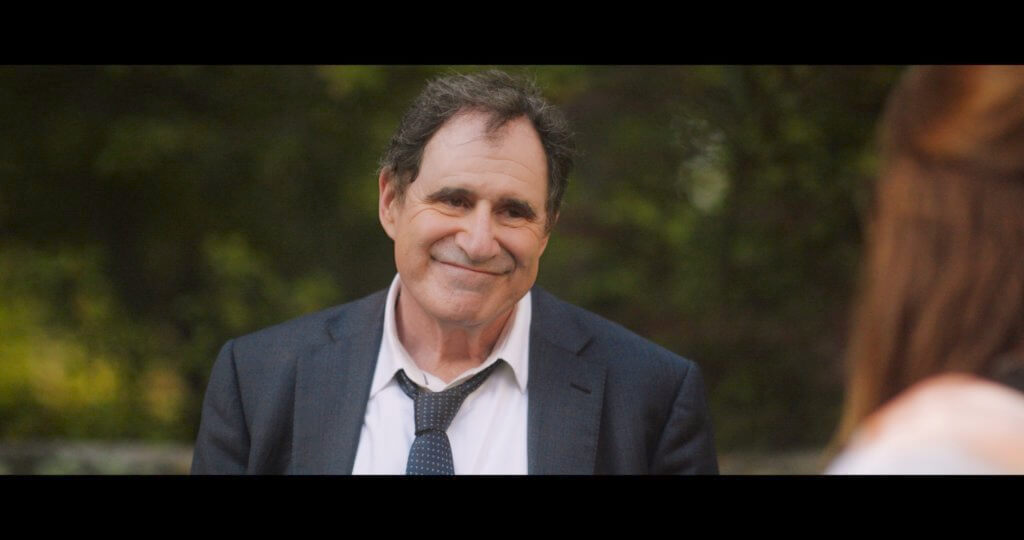
When asked if making a pandemic production that—albeit was in the murder mystery genre—at least approximated some kind of worldly realism, both actors offered interesting perspectives on whether or not they thought that filming in the midst of mass, global death and tragedy had an effect on their performances.
Kind rationalized by likening it to commonplace situations such as stomach aches or fights with spouses that hypothetically could affect an actor’s performance before making a deeper speculation: “If COVID is a preoccupation for your you, you go and do your job and who knows, perhaps it makes it better? Because you get to immerse yourself in something other than the problems of the world.”
For Jessica Hecht, marked peculiarities occurred during rehearsals. When Kind and Hecht where rehearsing they were only permitted to take their masks of briefly, and so Hecht found that repeating the lines while masked became more important than visual or facial expressions, “which is quite different, as often on TV and film you kind of act around the lines.” Additionally, the “unmasking moments” were especially touching, “because we were so starved for contact!”
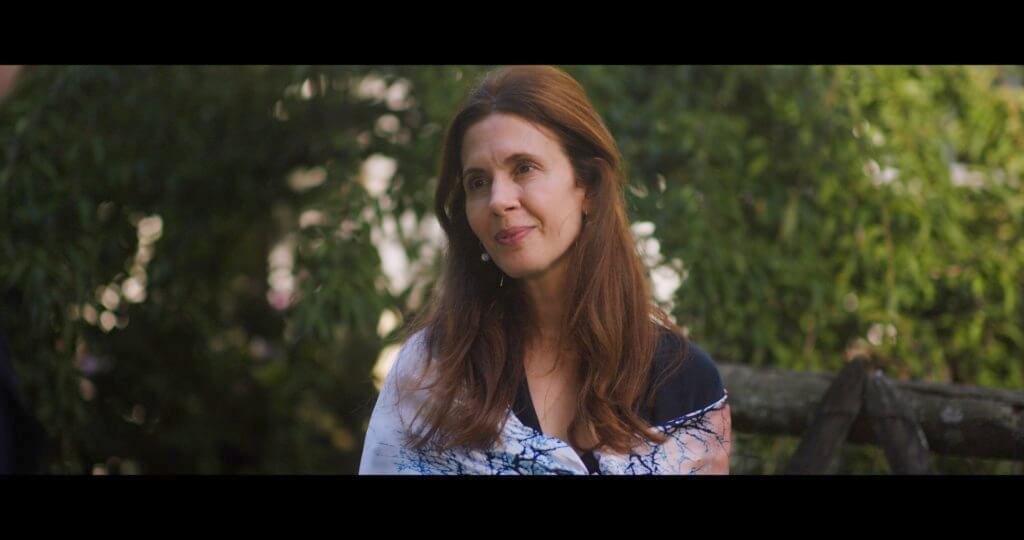
In the end, Hecht—whose character’s name was originally and hilariously Karen, before a downpour of memes necessitated this moniker be changed—found this project challenging but gratifying, and in some ways hopes that the status quo does not return, believing that this piece manages to reach a level of intimacy and truth that it might not have under “normal” conditions. Kind agreed when he put forth the contradiction that the film was composed mostly of static shots, with no tracking sequences, so in a way, this was a peculiarly still “motion picture,” giving it a unique ambience.
Returning to the question of the restrictions of COVID filmmaking, the location had to be remote and it was mostly filmed in NJ and Upstate New York, far from the madding crowds of NYC or LA. And so, when I mention COVID paranoia to Hecht she expressed some anxiety, but also a plus side. She admires productions that are slow and labor-intensive, but now sees that efficiency—the piece was filmed over four days—also has its merits in “finding something true,” a peculiar realism in an unimaginable reality. After all, life moves quickly—an eternal truth, but one that is particularly apparent in times such as these.
The question of genre weighs heavily on pandemic filmmaking, should it continue. I asked Hecht about this and about how, of course, a murder mystery plot centered around a divorced couple would be suitable for social distancing, but any kind of romantic or physically intimate film surely would not be possible. Hecht agreed. And for this there really is no solution. She thankfully recalled that 90% of the sex scenes in her recent hit Netflix series “Special” were filmed before the pandemic hit.
Being that these two leads are both known for their Broadway, TV and film work, in closing, for Hecht, Broadway represents a “superior art form” and likewise, Kind prefers to tread the boards as he enjoys the engagement and energy of an audience and believes that “you’re either a good actor or you’re bad,” when questioned about the skillset required for each speciality. Both actors miss Broadway—particularly Hecht, “who would give an arm and a leg” to be on stage right now,” whereas Kind was more relaxed.
So, what have we learned? Pandemic filmmaking is possible, and indeed groundbreaking; 2021 is unlikely to have many XXX movies; Richard Kind makes being “that guy” enviable, and Jessica Hecht should never play “a Karen.”



